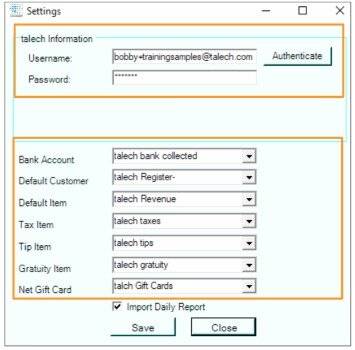Content

In contrast to accruals, deferrals are cash prepayments that are made prior to the actual consumption or sale of goods and services. Accrued revenue—an asset on the balance sheet—is revenue that has been earned but for which no cash has been received. It is used for accrual accounting purposes when one accounting period transitions to the next. Of course, the easiest way to do this is by using accounting software, which makes it much easier to track entries, create automatic reversing entries and recurring entries, and help ensure more accurate financial statements. Be aware that there are other expenses that may need to be accrued, such as any product or service received without an invoice being provided.

Companies that use accrual accounting and find themselves in a position where one accounting period transitions to the next must see if any open transactions exist. Adjusting journal entries are recorded in a company’s general ledger at the end of an accounting period to abide by the matching and revenue recognition principles. In six months, half of the payment will be recognized as the paid expense or cash outflow, and the rest will still be recorded as a receivable from the insurance company. The deferred expense account will be empty at the end of the period until the following advance payment occurs. The company sends the newspaper monthly and recognizes revenue of $83.3 in its monthly income statement. The deferred revenue is gradually booked so that by the end of the current period, the balance of the deferred revenue account is $0.
Accruals: Accrued Income
A common example of this is Summer Housing deposits and Summer Camp registration fees. These fees are collected in the Spring while the service does not occur until sometime in the new fiscal year. These fees should be deposited directly into a Deferred Revenue account. Please contact the Accounting Department for the correct Banner FOAP number for deferred revenue items. Similarly, the accountant might say, “We need to prepare an accrual-type adjusting entry for the revenues we earned by providing services on December 31, even though they will not be billed until January.” Estimates are adjusting entries that record non-cash items, such as depreciation expense, allowance for doubtful accounts, or the inventory obsolescence reserve.
- Income statement accounts that may need to be adjusted include interest expense, insurance expense, depreciation expense, and revenue.
- There are also many non-cash items in accrual accounting for which the value cannot be precisely determined by the cash earned or paid, and estimates need to be made.
- Since the firm is set to release its year-end financial statements in January, an adjusting entry is needed to reflect the accrued interest expense for December.
- A revenue deferral acts as a liability to be recognized in future fiscal periods.
- One of your customers pays you $3,000 in advance for six months of services.
- An example of the accrual of revenues is the interest earned in December on an investment in a government bond, but the interest will not be received until January.
- Part IOne of the keys to understanding the accrual of expenses is to realize that an expense has been incurred in the current accounting period but will not be paid until the following accounting period.
How To Adjust Accounting Records With Accruals And Deferrals and expense deferrals can significantly impact the financial statements, which are then used by the internal management and external stakeholders to make important business decisions. Learning objective number 4 is to prepare adjusting entries to convert liabilities to revenue. Here is the entry made by Webb on January 1st to record the purchase of the policy.
What are accruals in accounting?
Accountants also use the term “accrual” or state that they must “accrue” when discussing revenues that fit the first scenario. Further the company has the right to the interest earned and will need to list that as an asset on its balance sheet. Accruals are revenues and expenses that have not been received or paid, respectively, and have not yet been recorded through a standard accounting transaction. For instance, an accrued expense may be rent that is paid at the end of the month, even though a firm is able to occupy the space at the beginning of the month that has not yet been paid.

You probably will not record your expense until the following period when the credit card statement comes. Companies cannot follow this practice because expenses would be recorded in the wrong accounting period and thus violate the matching principle. For deferred revenue, the cash received is usually reported with an unearned revenue account. Unearned revenue is a liability created to record the goods or services owed to customers. When the goods or services are actually delivered at a later time, the revenue is recognized and the liability account can be removed. The $500 in Unearned Revenues will be deferred until January through May when it will be moved with a deferral-type adjusting entry from Unearned Revenues to Service Revenues at a rate of $100 per month.
